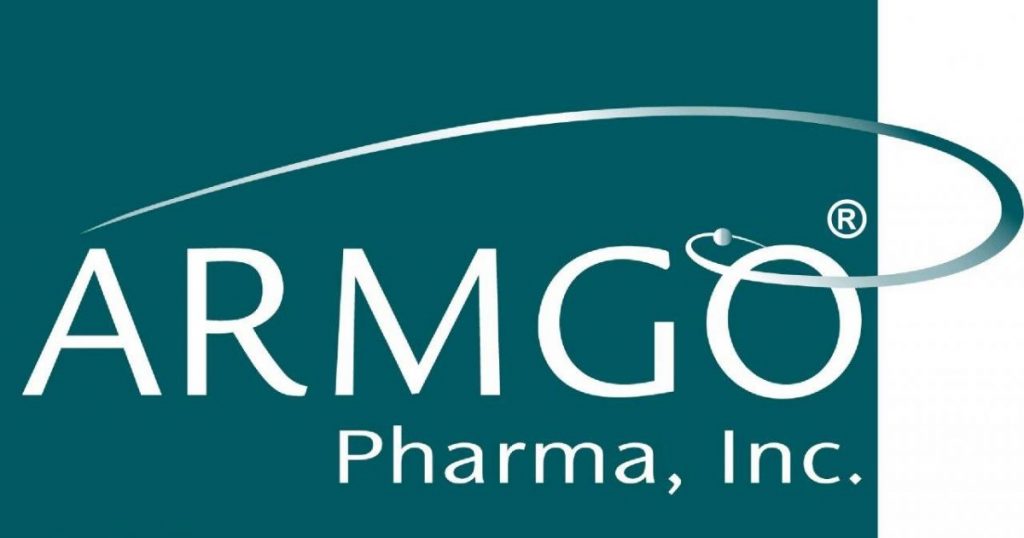MF-300 is a first-in-class, orally administered, 15-PGDH enzyme inhibitor shown to restore muscle quality and strength in aged mice
SAN DIEGO–(BUSINESS WIRE)–Epirium Bio, Inc. (Epirium), a biopharmaceutical company advancing medicines for neuromuscular and fibrotic diseases, presented preclinical data for its lead candidate, MF-300, at the Gerontological Society of America’s (GSA) annual meeting being held November 13-16, 2024, in Seattle, WA.
MF-300 is a first-in-class, orally administered, 15-hydroxyprostaglandin dehydrogenase (15-PGDH) enzyme inhibitor in development for the treatment of age-induced muscle weakness, or sarcopenia. According to the U.S. Food and Drug Administration’s (FDA) Patient-Focused Drug Development Initiative report on sarcopenia, up to a third of Americans over the age of 60 are affected by sarcopenia, which increases their risk for falls, fractures and mortality. There are no FDA-approved therapies for sarcopenia, a disease that disproportionately affects fast-twitch muscle fibers, and is characterized by decreased muscle quality and muscle mass.
Epirium’s study, presented at GSA, tested whether MF-300 could improve muscle force in aged mice. After 12 weeks of oral administration at its target dose, MF-300 significantly increased absolute and specific force (i.e., force per unit of muscle) of isometric plantar flexion in aged animals compared to vehicle. The study also demonstrated that MF-300 significantly increased specific force and contraction rate in clinically relevant fast-twitch muscle. Together, these data show that MF-300 has the potential to reverse the decline in muscle quality (i.e., the loss of specific muscle force) that occurs with aging.
“The capacity of muscle to generate force is a better indicator of muscle quality, health, overall functional capacity, and survival than the quantity of muscle mass. MF-300’s novel mechanism of action on intrinsic muscle properties has the potential to improve functional outcomes and allow people to live physically independent lives longer,” said Dr. Scott Delp, Professor of Bioengineering, Stanford University Schools of Medicine and Engineering.
Details of the poster presentation include:
Title: MF-300 (15-PGDH Enzyme Inhibitor) Reverses Age-Related Muscle Weakness in Mice by Restoring Muscle Quality
Presenter: Micah Webster, Ph.D.
Poster Number: 1914819
The presentation is available in the “Posters and Publications” section of Epirium’s website, www.epirium.com.
About MF-300
MF-300 is an orally bioavailable small molecule that reversibly binds to the Prostaglandin E2 (PGE2)-binding site of 15-hydroxyprostaglandin dehydrogenase (15-PGDH), an enzyme that converts PGE2 to an inactive metabolite. MF-300 target engagement inhibits 15-PGDH activity, stabilizing and increasing levels of PGE2 in a cell-based assay and in vivo in skeletal muscle in preclinical studies.
In humans and rodents, 15-PGDH gene expression is elevated in muscle coincident with the onset of age-induced muscle weakness. PGE2, a lipid signaling molecule with multiple beneficial effects on the motor unit, including enhanced muscle quality and improved function of the neuromuscular junction, is reduced in skeletal muscle of aged mice due to increased activity of 15-PGDH. Inhibiting 15-PGDH in aged muscle may be a strategy to increase physiologic levels of PGE2 to improve muscle quality and function.
About Epirium Bio
Epirium, a biopharmaceutical company based in San Diego, California, has identified and established an IP-protected platform of orally bioavailable small molecules that constitute a new class of therapeutics with the potential to improve function in neuromuscular diseases, including sarcopenia and spinal muscular atrophy. Epirium has generated preclinical data in a broader scope of indications with significant unmet medical need, including fibrosis, which Epirium’s development pipeline has the potential to address.
To learn more about Epirium, please visit www.epirium.com and follow us on LinkedIn.
Contacts
Email: info@epirium.com



